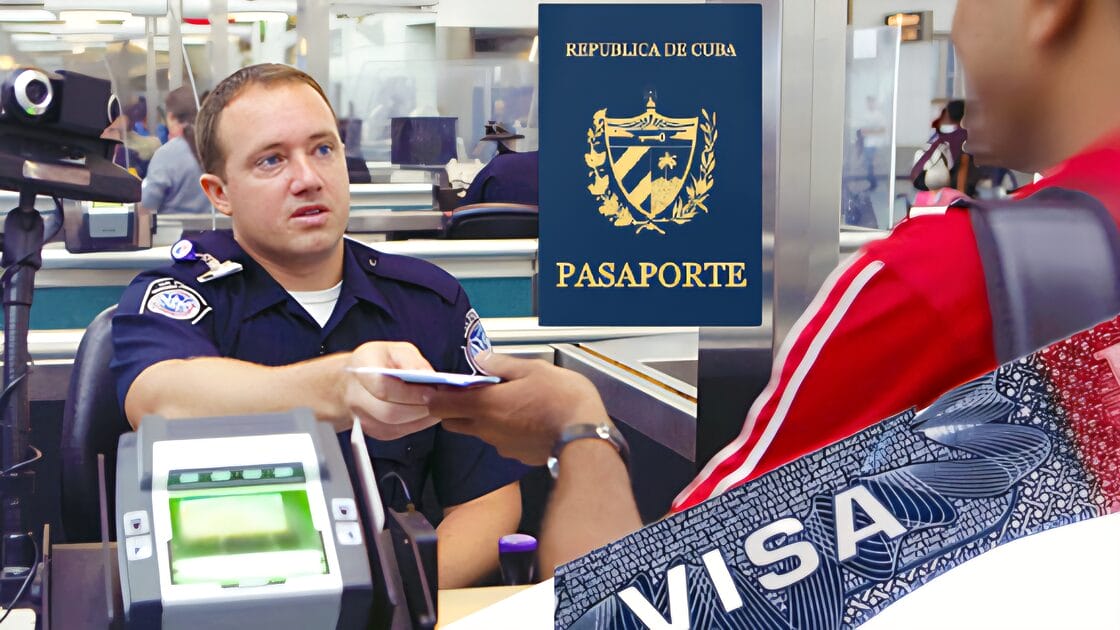Thousands of Cubans could be turned away at the U.S. border even if they have valid visas.
The recent proclamation signed by President Donald Trump has raised alarm among those who already had the valid document. But the problem is not new: many are unaware that a visa does not equate to guaranteed entry.
READ ALSO:
Cuba’s energy situation worsens: Cienfuegos thermoelectric plant fails
The warning came directly from the State Department. Natalia Molano, the agency’s Spanish-speaking spokesperson, made it clear during an interview with NTN24: a visa only allows you to present yourself at a port of entry, but it’s a border agent who decides whether or not a person can enter the country.
From the luneJune 9th 2025This difference could have real and dramatic consequences, especially for citizens of countries such as Cuba, Venezuela, Haiti, and Iran, among others included in the list of restrictions imposed by the new executive order.
Can I enter the United States if I have a visa? The final decision rests with a border agent.
“A visa allows you to reach the airport, seaport, or land border, but it doesn’t guarantee entry. That’s determined by a Department of Homeland Security agent,” Molano explained. Entry, therefore, is subject to the discretion of the officer assisting the traveler.
This means that even those who manage to process and obtain a visa in their country of origin could be returned without the right to enter, regardless of whether they have a ticket, reservations, or family members waiting.
Restrictions for citizens of 19 countries. Visas will no longer be issued to Cubans.
The presidential proclamation affects people from 19 countries. In the case of Cuba, Venezuela, Haiti, and other nations designated as “problematic” for the U.S. consular system, a partial restriction will apply. In other cases—such as Iran, Yemen, and Sudan—the ban is complete.
READ ALSO:
60 days of work with an average salary to have 15 GB of internet in Cuba
The measure is justified, according to the government, by “concernscupactions on the integrity of consular processes” and not by individual conduct. “Our consular officers are the first line of defense,” Molano emphasized.
Uncertainty and lack of information: Cubans with approved US visas: Can they enter or not?
Although the State Department spokesperson mentioned that there are exceptions, no clear guidelines have yet been issued by the Department of Homeland Security (DHS), increasing uncertainty for travelers. It is also unknown whether airlines will apply additional screening before allowing boarding.
In short, those with valid visas should know that they can arrive at the airport, but they are not guaranteed passage through immigration. The final decision rests with an agent. And if the person is originally from one of the 19 countries under surveillance, the chances of being rejected increase.

